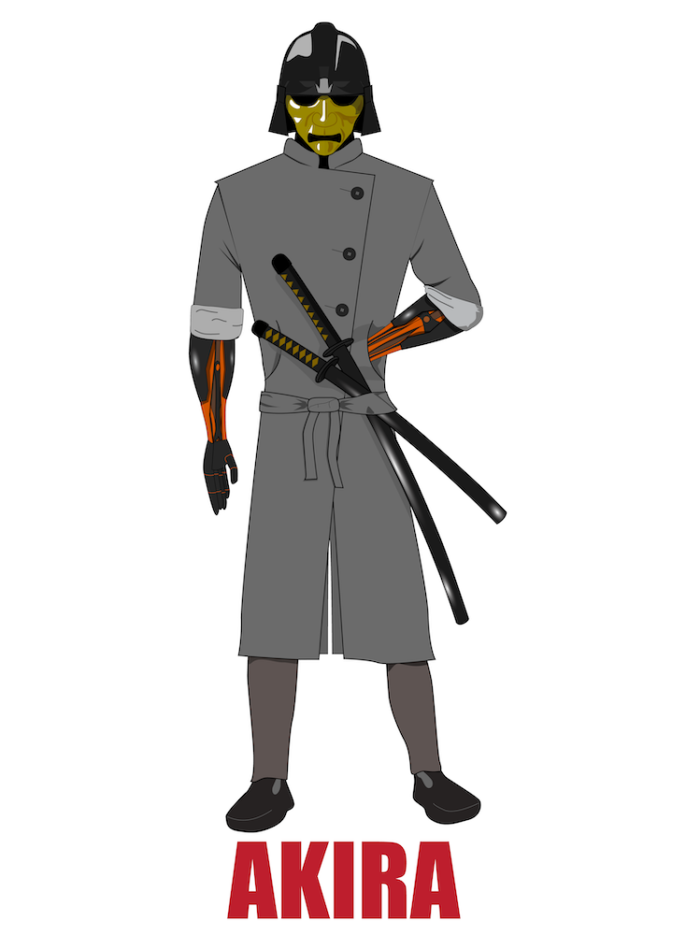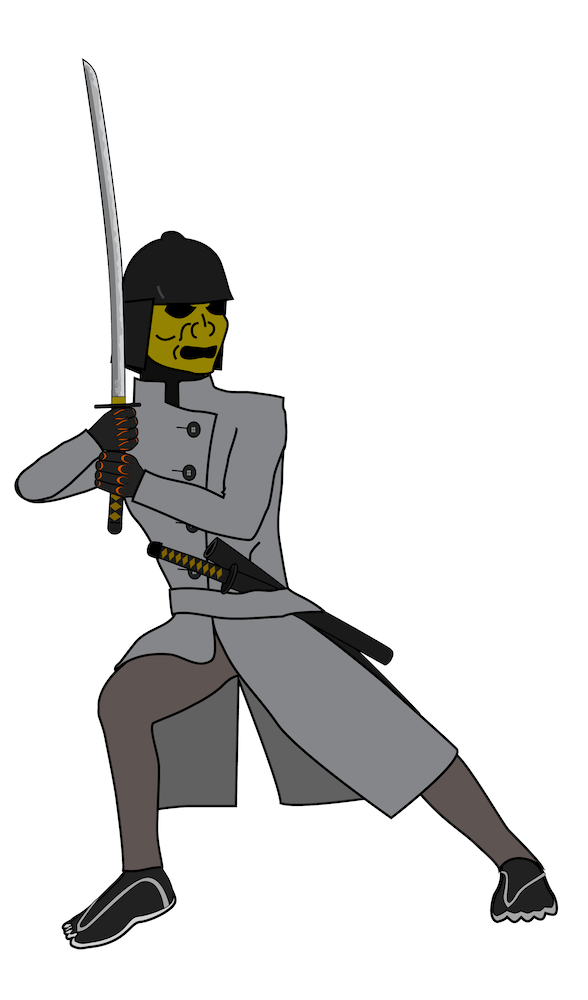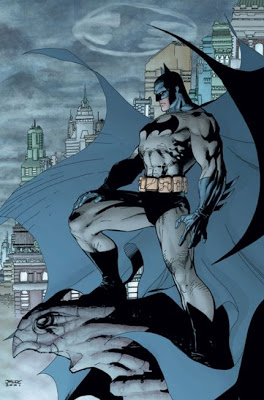Have you noticed this trend in movies and TV shows recently?
Seems every “hero” in film these days is somehow a traumatized snowflake that has to overcome some past trauma. And that’s most of the plot.
I understand that characters need internal conflicts, as well as external, but to me this is taking it too far.
I don’t want Star Wars characters who actually had some traumatic childhood that they need to overcome. Remember when orphan Luke Skywalker was still a fully functional (if whiny) human being In Episode IV?
That’s a protagonist right there.
The Star Wars OT was about Luke growing as a character, as the hero of the story. The Prequels are only good for being a gold mine of memes.
And don’t get me started on the Sequel trilogy. Rey didn’t grow, didn’t become more interesting. And any interest in Kylo Ren was horribly squandered.
One of the most egregious examples that springs to mind in recent memory is that awful Halo TV show. They took everything awesome about Master Chief, one of the most badass video gamer protagonists in history, and made him pathetic.
I understand Spartans are supposed to be pretty messed up, at least in the books (which I’ve never read, I’m a Halo game purist). But you never, ever got a sense of weakness from Chief in the games.
He was a laconic murder machine who kept his damn helmet on.
This made him a perfect vehicle character for the players, making them feel like badasses while fighting tides of hostile aliens singlehanded as the Chief.
I never once wanted to learn about Chief’s sad and sappy backstory.
Admittedly, most of my examples come from film. I would reference books, I just don’t read much fiction written this century (with a few exceptions). And I don’t say that to sound smart or super literate, I’m just a Boomer at heart.
One thing about competent, un-traumatized characters is they get out of their own way. They let the story be told.
Take the crew of the USS Enterprise in the original Star Trek series. All competent adults. And all are vehicles for interesting, engaging (and lovably campy) sci-fi stories. It becomes about the conundrum and how they are going to solve it than some emotional character growth.
Captain Kirk never had to come to terms with his crypto-racism towards Uhura, or that the real treasure was the friends he made along the way, or grapple with his own homoerotic feelings for Spock. Nothing stupid like that ever happened in original Trek.
And then compare that to the Picard show, where its a bunch of emotional children, who look like adults, but act like spoiled, illogical babies. All the while, the script for each episode was forcing the latest “message” down the throat of the show.
“White men bad”
“Climate change”
“Depression”
Mommy issues”
Everyone’s damaged in that show. Everyone’s an unstable, ball of emotion who need Patrick Stewart to let loose his philosophical flatulence in their faces about “the issues” for them to be cured of their problems.
Roddenberry must be rolling in his grave.
I’ve recently been introduced to the Conan the Barbarian series by Robert E. Howard. A friend recommended I read one story in particular, “The Hour of the Dragon”.
And boy, is it good.
I never thought I’d enjoy Conan this much. Always looked kinda stupid from the outside.
And you know what? It is. It’s dumb, stupid fun is what it is.
The world and style give me serious Dungeons & Dragons vibes (played that a fair amount as a kid). But like, a really well written D&D campaign.
And Conan is the opposite of a traumatized character.
Dude hardly ever shows emotion to the other characters in the book. Except of course his manly rage.
Now I know characters like Conan can totally become macho fantasy trips for some people. Fay nerds want to be him, girls want to be done by him.
Conan is pretty handy with that two-handed sword of his.
But for me and the friend who recommended the book, Conan is a fun, over-the-top vehicle for the plot to happen.
Conan is an active character who is always moving on to the next thing, the next action scene, the next set piece.
Perfect character for a fantasy, globe-trotting adventure story.
This is what makes characters like Indiana Jones and James Bond so much fun.
They are macho, competent men who are fun stand-in characters for the audeince and who, while still having personalities, are primarily there to move the plot along and do exciting things.
They’re action story protagonists. They are not Charles Foster Cane.
We do not need to delve into their psyches and understand them from the inside out.
It is their mystique, their stoic exteriors, their withholding of details that makes them compelling.
It is their strength and their competence we find attractive, not their traumatic past, daddy issues, or whatever a modern hack writer would try to foist on them.
Hence, why that Picard show sucked. Picard in TNG was a competent commander with that air of aloofness that made him good at his job. We did not need to delve into his mommy issues. That did not make him a more compelling character, only a worse, shallow one.
Batman. I love Batman. And there’s a good character who has trauma as part of his backstory, part of his reason for existing. But that’s what it is, in the background. Batman as a character should be much more than his trauma. In a a way, he is a character that’s about dealing with and overcoming trauma in a healthy or productive way (such as beating people up while dressed as a nocturnal animal). Because Batman is a strong character with an unbreakable code that he lives by. He is indomitable, a force of nature that his villains must go up against.
When Batman stories become all about how moody he is, with Nightwing poking fun at him, or him being overly emotional and lashing out like an alcoholic father, that’s a big no-no. Or like that newish Batman movie with Robert Pattinson, where they make him an emo teenager with very little likability.
Why are so many characters weak in recent movies and shows? What happened to the strong, competent hero?
We are affected by what we read (yes, even this blog post as affected you somehow). Words shape our reality. So if we spend all day absorbing stories, written or visual, of weak and traumatized “heroes” what’s that going to do to us?
How is that going to negatively affect the way we see the world and ourselves?
Read/watch stories with strong protagonists. Characters who overcome obstacles. Characters who fight for and achieve their goals, even if the road is long and hard.
We all got baggage of some kind or other. Might as well look up to heroes who, despite what might be holding them down, achieve goals and do things with their lives.


